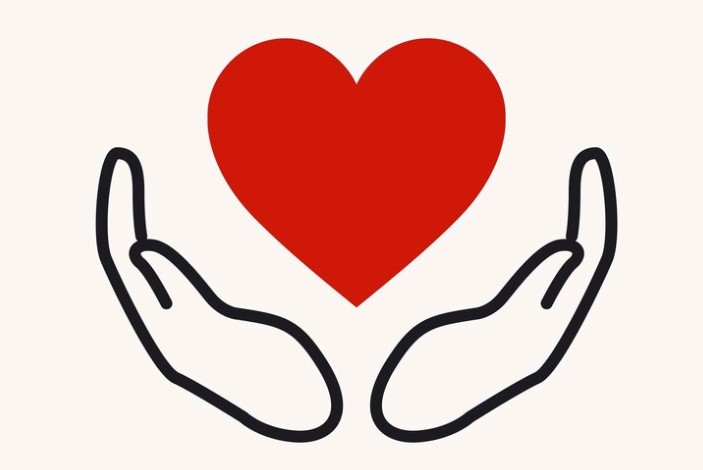In the realm of mental health treatment, medication management plays a vital role, especially in Intensive Outpatient Programs (IOPs). These programs are designed to provide comprehensive care for individuals struggling with various mental health issues, and the appropriate use of medications can be a crucial component of their recovery journey. This article delves into the significance of medication management in IOPs, its role in improving treatment outcomes, and the key statistics that underscore its importance.
The Role of Medication Management
1. Balancing Brain Chemistry
One of the primary functions of medication management in Intensive Outpatient Programs (IOPs) is to help individuals achieve a balanced brain chemistry. Mental health disorders often involve imbalances in neurotransmitters, and medications can help regulate these chemicals, reducing symptoms and improving overall well-being.
2. Symptom Reduction
Medications prescribed and monitored in IOPs can significantly reduce the severity of symptoms associated with various mental health conditions, such as depression, anxiety, bipolar disorder, and schizophrenia. This reduction in symptoms allows individuals to better engage in therapy and make progress in their treatment.
3. Stabilizing Mood
For individuals with mood disorders like bipolar disorder, medication management is crucial for stabilizing mood swings. Mood stabilizers can help prevent manic and depressive episodes, enabling individuals to maintain a more stable and fulfilling life.
Key Statistics on Medication Management in IOPs
1. Medication Efficacy
Research published in the Journal of Clinical Psychiatry reveals that medication management in IOPs is effective in reducing symptoms and improving the quality of life for individuals with severe mental illnesses.
2. Medication Non-Adherence
A study by the World Health Organization (WHO) highlights that medication non-adherence is a significant concern in mental health treatment. In IOPs, proper medication management can help address this issue and enhance treatment outcomes.
3. Combined Approach
The National Institute of Mental Health (NIMH) reports that a combination of medication management and psychotherapy is often the most effective approach in treating many mental health disorders.
The Medication Management Process
1. Initial Assessment
The medication management process in IOPs begins with a thorough assessment by a psychiatrist or medical professional. This assessment helps determine the appropriate medication(s) and dosage based on the individual's specific condition and needs.
2. Medication Monitoring
Once medication is prescribed, ongoing monitoring is essential. Regular appointments with the prescribing healthcare provider allow for adjustments in medication if necessary, and they also provide an opportunity to address any side effects or concerns.
3. Psychoeducation
Patients in IOPs receive psychoeducation about their medications. This education includes information about the purpose of the medication, potential side effects, and the importance of adhering to the prescribed regimen.
Challenges in Medication Management
While medication management is a valuable component of IOPs, it does come with challenges. Some individuals may be reluctant to take medication due to stigma or concerns about side effects. It is crucial for healthcare providers to address these concerns and provide support and education.
Conclusion
In conclusion, medication management plays a pivotal role in Intensive Outpatient Programs for mental health treatment. It helps balance brain chemistry, reduce symptoms, and stabilize mood, all of which are essential for the recovery process. Proper medication management, when combined with psychotherapy and support, offers individuals the best chance for a successful treatment outcome. It is essential to address medication adherence and provide education to ensure that individuals in IOPs can harness the benefits of medication as a valuable tool in their journey towards improved mental health.

